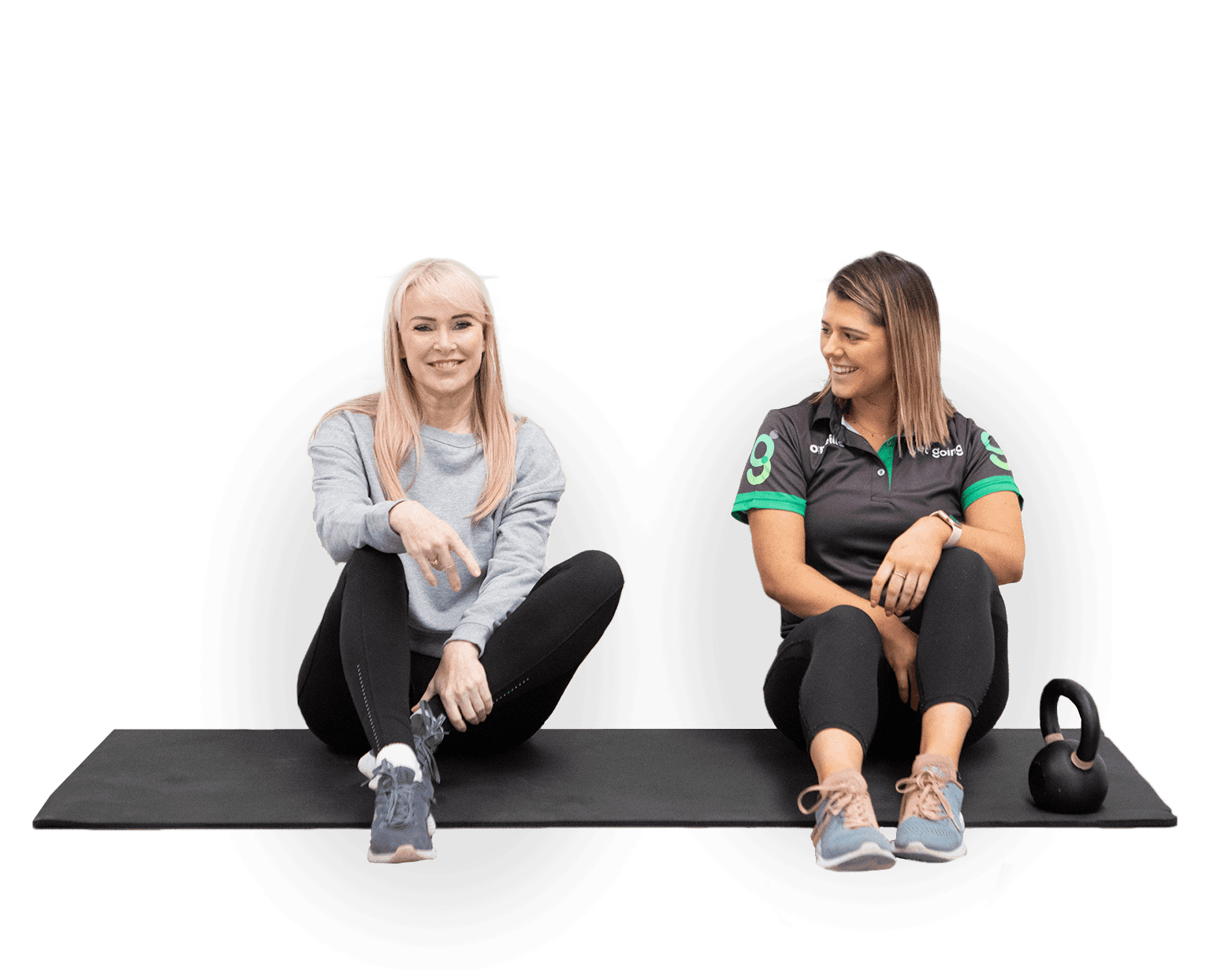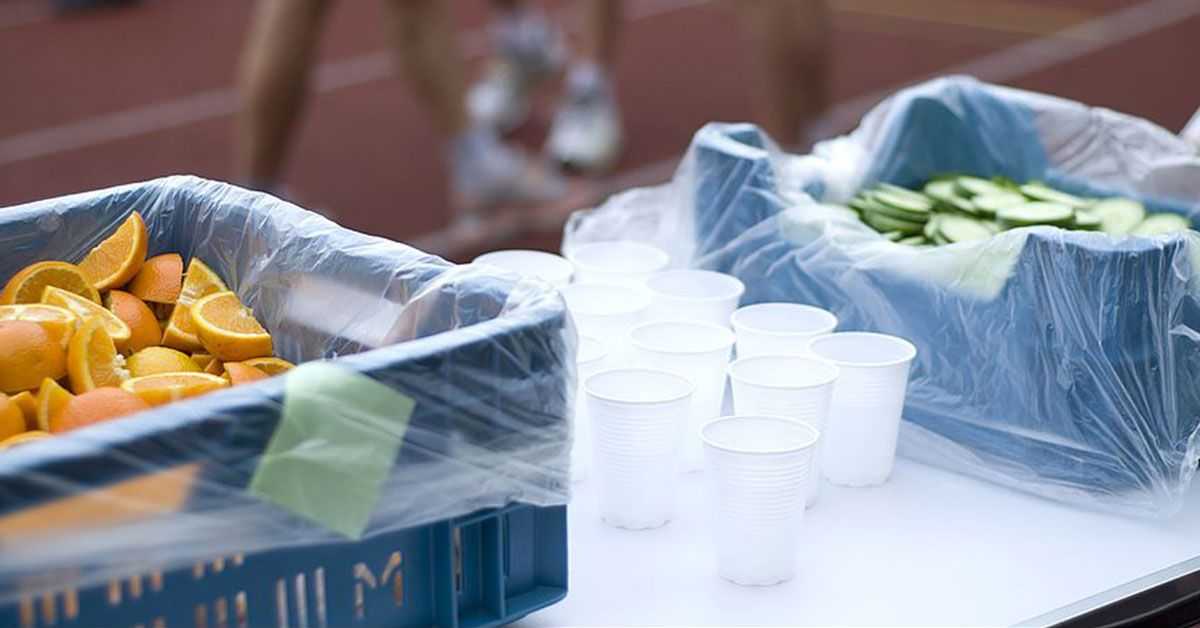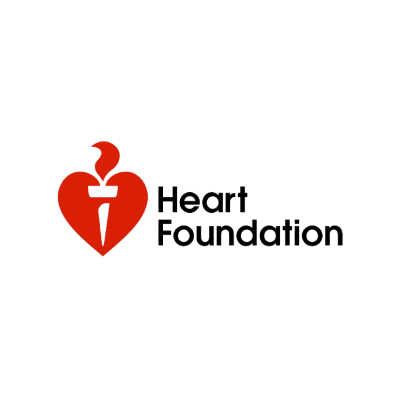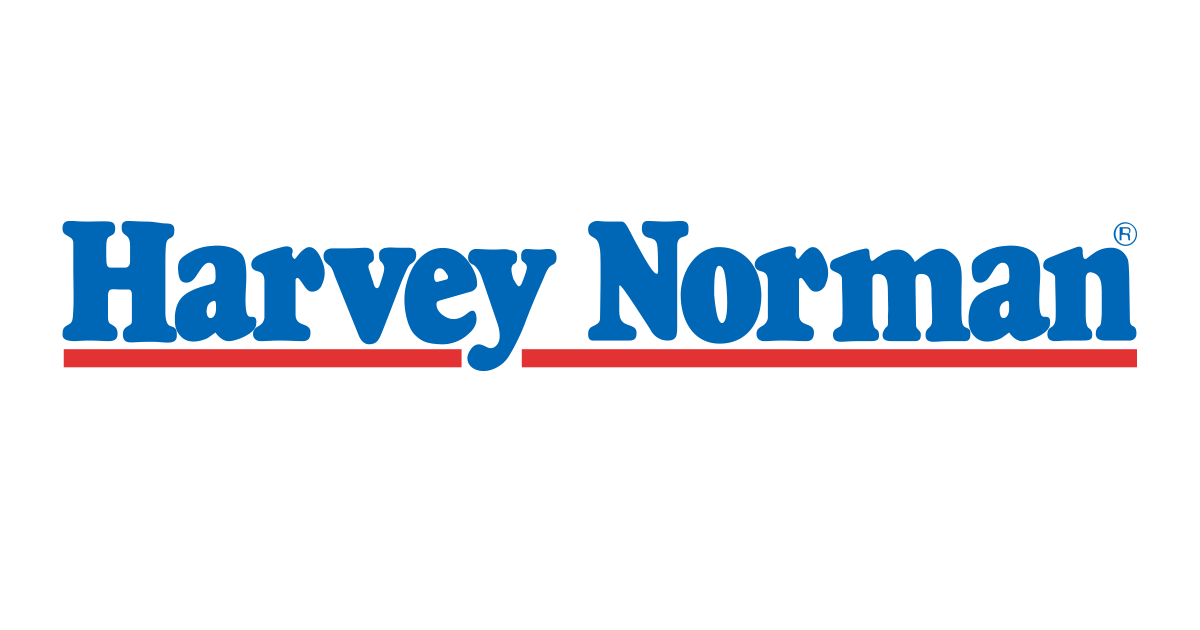Eating Disorders Amongst Athletes
Once an eating disorder has been identified, however, care from a multidisciplinary team is paramount. This team typically involves a physician, a dietitian and mental health professionals who work together to assist the athlete in their recovery.
*Written by Sharnalee, Nutrition Science Student at Deakin University *
Eating disorders not only have the potential to diminish performance in athletes, but also their health. Eating disorders and disordered eating amongst athletes is common. Disordered eating and clinically diagnosed eating disorders display themselves in several forms, such as anorexia, binge eating disorder, bulimia nervosa, anorexia athletica, orthorexia, restricted dietary intake, chewing and spitting disorder, laxative abuse and diuretic use.
There are more people affected by disordered eating in the athletic community compared to non-athletes, with females making up 90% of those who undergo treatment for an eating disorder. Furthermore, studies show that athletes are more likely to under-report signs of disordered eating than non-athletes, and a greater number of both male and female athletes meet disordered eating criteria than their non-athlete counterparts - with younger athletes being at greater risk.
So why are athletes at a greater risk of developing an eating disorder compared to those not in the athletic community?
While there are a multitude of reasons as to why somebody is pre-dispositioned to developing an eating disorder, the aesthetic nature of some sports (such as gymnastics and diving); the competitive advantage gained through leanness (such as cycling and running) and sports with weight divisions (such as rowing and boxing) can certainly play a role. A study showed that the prevalence of eating disorders in these types of sports was more than double compared to other sports.
Eating disorders carry health consequences, including the effects of low energy availability (LEA) and Relative Energy Deficiency in Sport (RED-S). It is important to note that LEA and RED-S affect both males and females. The two-share similar characteristics and constitute a state in which the body has insufficient energy to maintain bodily functions required to support optimal health and energy output. Both essentially confer low energy availability due to a caloric deficit and can occur concurrently with or in the absence of an eating disorder.
Consequences of LEA and RED-S:
Health consequences:
- Altered growth and development
- Weakened immune system
- Menstrual dysfunction
- Hormonal disruptions
- Altered resting metabolic rate
- Reduced bone health
- Challenge growing muscle
Due to the secretive nature of eating disorders, they can often be difficult to detect. There are, however, some early warning signs to look out for such as:
- Undereating and overtraining/overexercising
- Heightened focus on weight and appearance
- Weight loss/becoming underweight
- Missed/irregular periods in females
- Low testosterone in males - reduced strength and muscle mass, mood and sleep disturbances
- Changes in personality/mood
- Social isolation/withdrawal
- Persistent fatigue
- Stress fractures
- Muscular injuries resulting from overuse
So how can we help to support athletes to develop a positive relationship with food and their bodies?
Support needs to begin with coaches, teammates, parents, leaders of sporting organisations and spectators - who can all play a role in looking out for athlete health. The focus needs to shift to promoting the long-term health of the athletes, as opposed to focusing solely on performance. The effects of both LEA and RED-S are in fact detrimental to performance, affecting judgement, coordination, endurance performance, strength, concentration as well and increasing an athlete’s risk of injury.
Research shows that there is not only limited knowledge about the existence and symptoms of RED-S amongst coaches, but that their general knowledge of basic sports nutrition is suboptimal. Keeping an eye on eating behaviours and body weight trends of athletes for early detection of disordered eating or an eating disorder is vital.
Early identification is also associated with better outcomes, and there are several ways that we can strive to improve an athlete’s relationship with food and their bodies before it can turn into something more:
- Refraining from emphasising body weight and appearance, and rather focusing on athletic performance
- Holding sessions lead by an Accredited Sports Dietitian on eating for sport, and highlighting the importance of macro and micronutrients for optimal health and performance
- Educating and encouraging parents about nutritious food choices to support the athlete meet their energy intake
- Encouraging teammates to check in with each other and building a supportive environment where everyone feels comfortable and confident reach out
These are just a few ways that we can work together to improve this issue within sporting communities.
Once an eating disorder has been identified, however, care from a multidisciplinary team is paramount. This team typically involves a physician, a dietitian and mental health professionals who work together to assist the athlete in their recovery. This experienced team of professionals are part of the decision-making process regarding clearance to return to sport and ensuring the athlete has made positive progress.
At Get Going, we offer a multidisciplinary approach across diet, training and mindset for our clients. Contact us to discuss how we can help you change your life.













